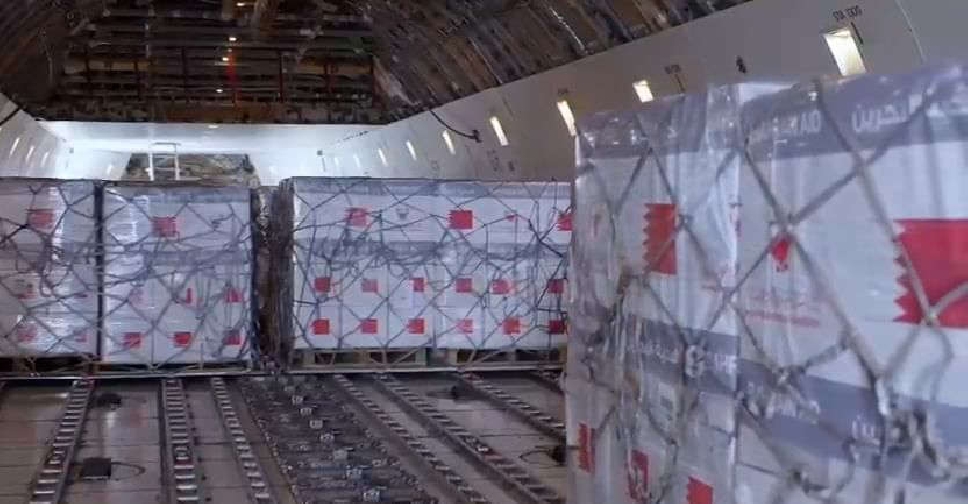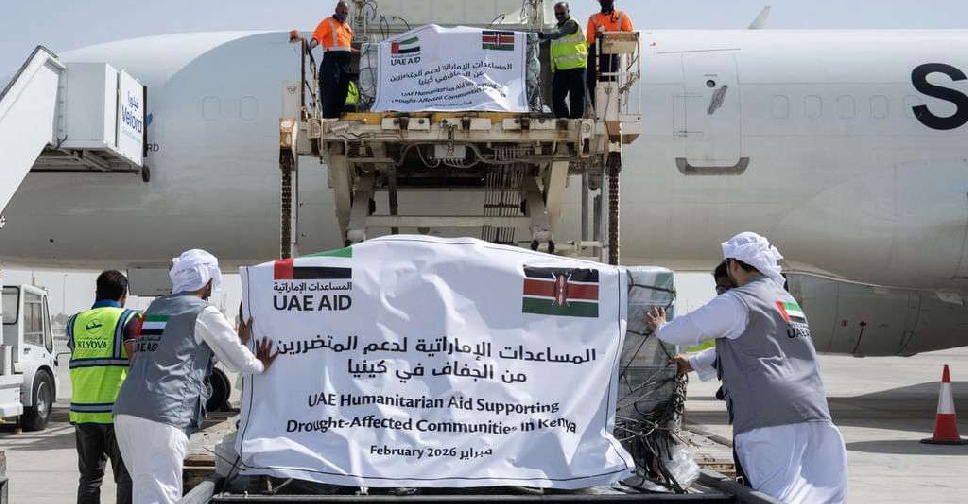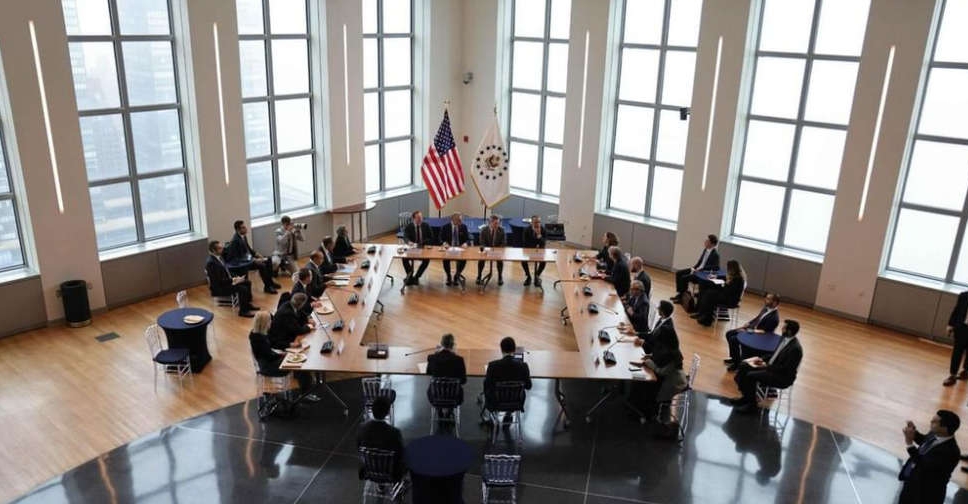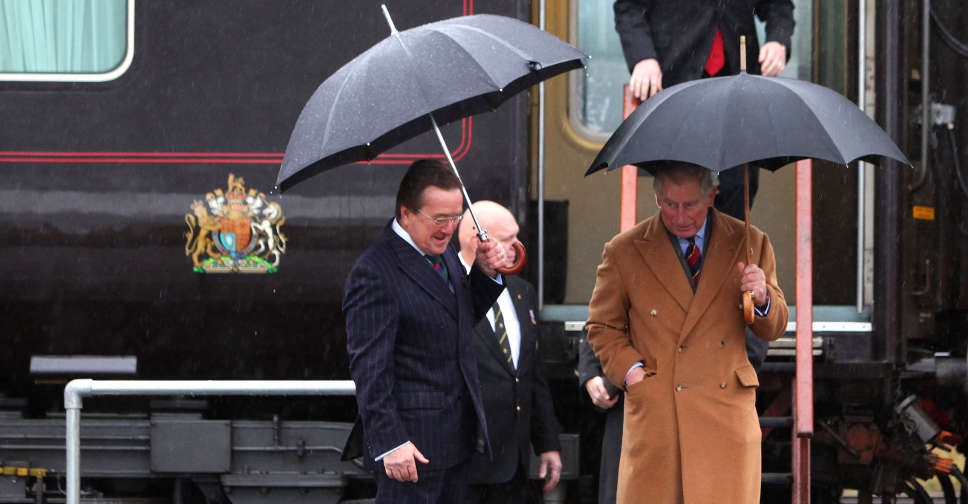
King Charles has decided to scrap Britain's royal train, a service dating back to Queen Victoria, because it is no longer cost-effective, as the monarchy sees its public funding soar by an extra 46 million pounds ($63 million) for the next two years.
Victoria, Charles' great-great-great-grandmother, commissioned the first royal rail carriages back in 1869. The latest incarnation is made up of nine carriages, the most recent of them added in 1986.
But it was used just twice during the last financial year with the two journeys together costing almost 80,000 pounds.
James Chalmers, the king's treasurer, said the monarch had now agreed that the train, which critics had long said was a waste of money, would reach the end of the line in 2027.
"The royal train has... been a part of national life for many decades, loved and cared for by all those involved, but in moving forward we must not be bound by the past," Chalmers, officially known as the Keeper of the Privy Purse, told reporters.
"The time has come to bid the fondest of farewells, as we seek to be disciplined and forward-looking in our allocation of funding."
While the king had fond memories of the train, palace officials said it would require significant funds to pay for its long-term use, although it was not clear how much scrapping it would save.
The announcement came as Chalmers on Monday unveiled the annual report of the Sovereign Grant, the government handout that covers staffing costs, upkeep of royal palaces and travel expenses and is currently set at 12 per cent of the profit from the Crown Estate, a property portfolio belonging to the monarchy.
Thanks to a boom in revenue from offshore wind leases, the Crown Estate's profits are soaring, meaning royal funds will leap from 86.3 million pounds to 132 million for the next two years.
Chalmers said this money would help pay for the remaining 100 million pounds needed to complete the 10-year repairs to Buckingham Palace and the maintenance of other historic buildings.
EVOLUTION
Last November, the Sunday Times and a TV documentary accused Charles and his elder son Prince William of making millions from the country's health service, army and schools from charges imposed by the monarch's Duchy of Lancaster estate and the heir's Duchy of Cornwall estate.
William Bax, the chief executive of the Duchy of Cornwall, acknowledged that criticism as he detailed its annual report on Monday, saying they were making changes at a time of "reflection and evolution".
Bax said they intended to end or reduce rents charged to some community groups and charities, while the report showed William's personal income from the Duchy had fallen slightly to just under 23 million pounds.
Anti-monarchists, who say the monarchy's price tag amounts to more than half a billion pounds, said the annual reports were misleading.
"The cost of the monarchy is out of control and these reports receive almost no political scrutiny," Graham Smith, chief executive of campaign group Republic, said.
Chalmers said the global significance of the royals could not be underestimated, citing a Global Perceptions Survey which found the monarchy the single biggest influence on perceptions of the UK among international audiences.

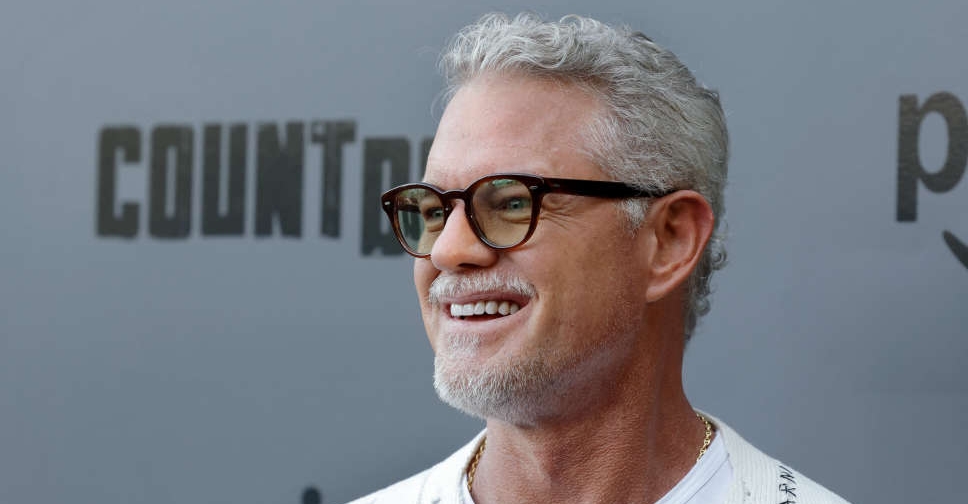 'Grey's Anatomy' star Eric Dane dies at 53
'Grey's Anatomy' star Eric Dane dies at 53
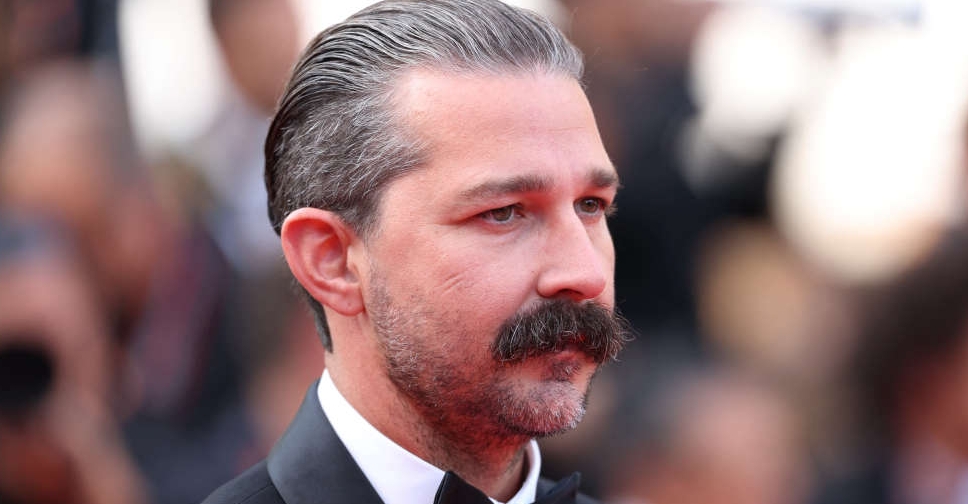 Shia LaBeouf arrested in New Orleans for assault, police say
Shia LaBeouf arrested in New Orleans for assault, police say
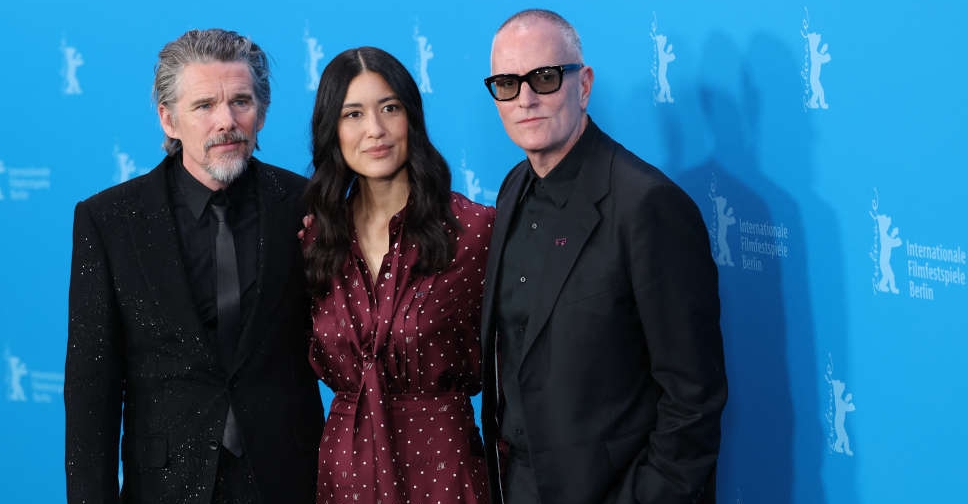 Depression-era movie 'The Weight' packs a metaphor, says its star Ethan Hawke
Depression-era movie 'The Weight' packs a metaphor, says its star Ethan Hawke
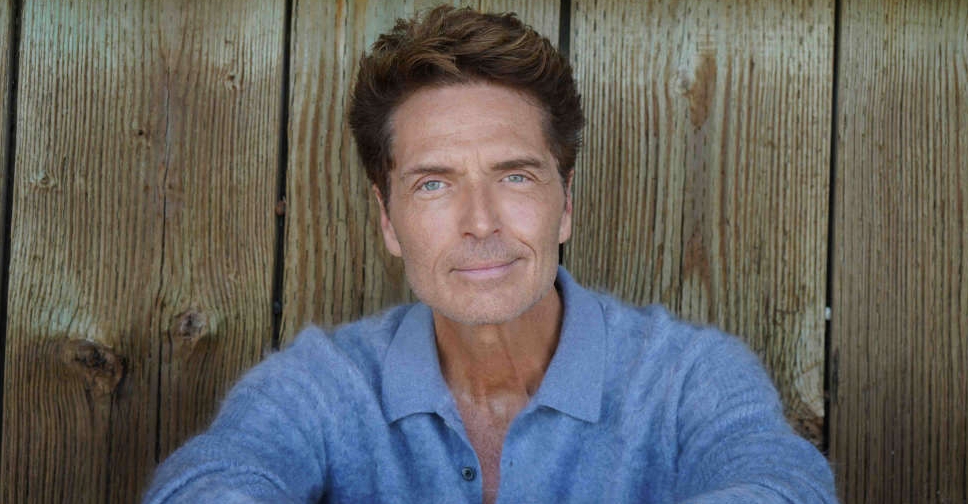 Grammy-winning artist Richard Marx heads to Dubai for debut act
Grammy-winning artist Richard Marx heads to Dubai for debut act
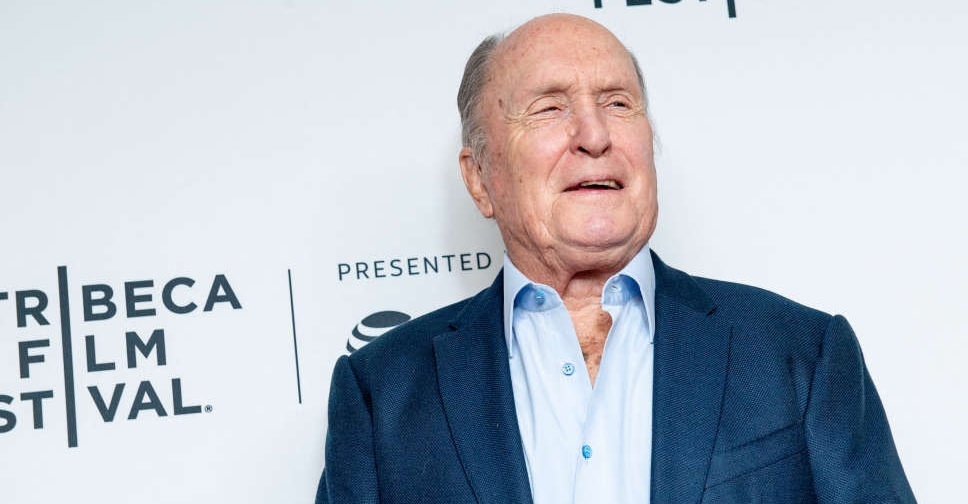 Robert Duvall, 'Tender Mercies' Oscar winner, dies at 95
Robert Duvall, 'Tender Mercies' Oscar winner, dies at 95
